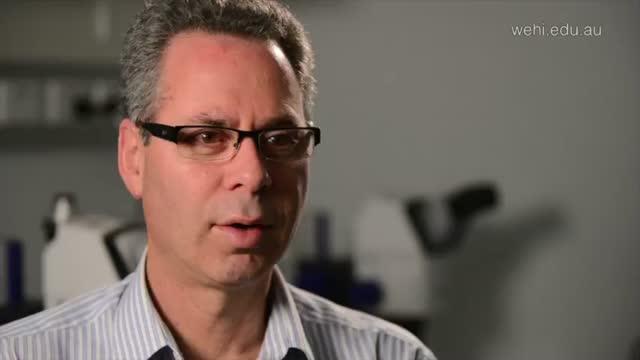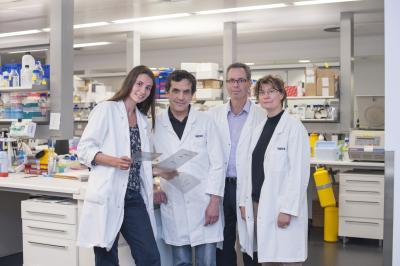Professor Visvader said there was a need to improve treatments for luminal B breast cancers, which are a more aggressive type of ER-positive breast cancer, associated with a poorer prognosis. In the study, the researchers used preclinical models of breast tumour samples donated by Melbourne women undergoing cancer surgery to understand how real human cancers would respond to the treatment.
"We are excited by these results and what they could mean for women with breast cancer," Professor Visvader said. "ER-positive breast cancers are the most common type of breast cancer, so even a small improvement could have a substantial impact if more effective upfront treatment could prevent relapse," she said. "It is very early days, however, and the findings will need to be rigorously tested in clinical studies."
A landmark discovery in the late 1980s by Walter and Eliza Hall Institute scientists that BCL-2 promoted cell survival fuelled more than two decades of global research that has culminated in the design of BH3-mimetics. The investigational compound, ABT-199/GDC-0199, was discovered by scientists at Abbott (now AbbVie) and is currently being developed by Genentech, a member of the Roche group, and AbbVie.
Professor Lindeman said he hoped the recently established Centre for Translational Breast Cancer Research (TransBCR) could contribute to future clinical trials of the novel combination treatment. "Australian women who donated their tumour samples for research helped make this discovery possible," he said. "It would be great to see Australians among the first to benefit from clinical trials, should they proceed."

Researchers from the Walter and Eliza Hall Institute in Melbourne, Australia, has discovered that anti-cancer compounds currently in clinical trials for some types of leukaemia could offer hope for treating the most common type of breast cancer.
The anti-cancer compounds, called BH3-mimetics, were effective in treating aggressive oestrogen receptor-positive (ER-positive) breast cancers when combined with the breast cancer drug tamoxifen in preclinical models.
Breast cancer researcher Professor Geoff Lindeman explains the research that he hopes will lead to clinical trials of BH3-mimetics for treating ER-positive breast cancers in the next few years.
(Photo Credit: Walter and Eliza Hall Institute of Medical Research)

Melbourne researchers have discovered that anti-cancer compounds currently in clinical trials for some types of leukaemia could offer hope for treating the most common type of breast cancer.
Breast cancer researchers from the Walter and Eliza Hall Institute of Medical Research in Melbourne, Australia, have shown that BH3-mimetic anti-cancer compounds were effective in treating aggressive breast cancers when combined with a conventional chemotherapy drug.
The research team was led by (from left to right) Dr Delphine Merino, Dr François Vaillant, Professor Geoff Lindeman and Professor Jane Visvader.
(Photo Credit: Walter and Eliza Hall Institute of Medical Research)
Source: Walter and Eliza Hall Institute